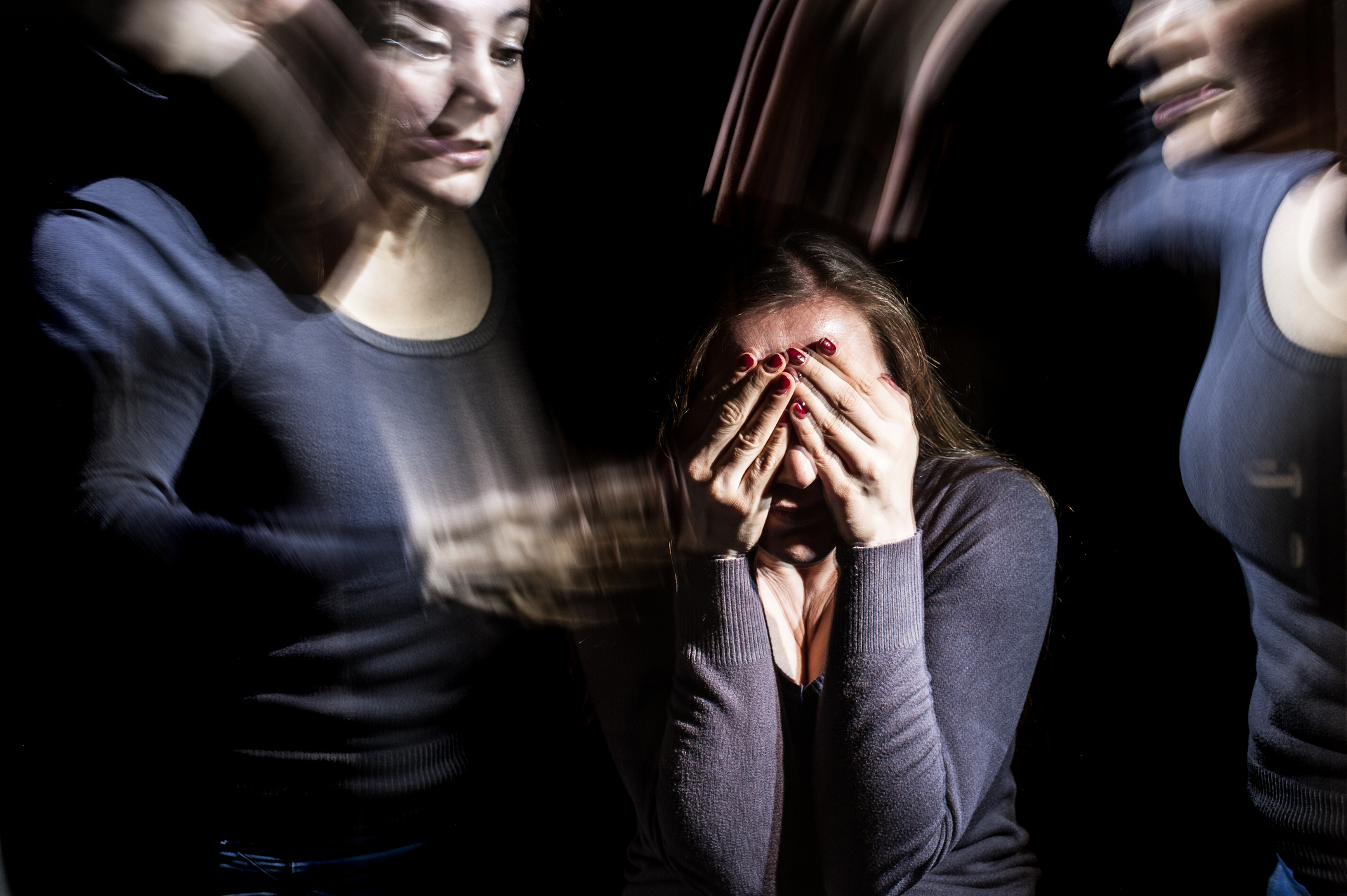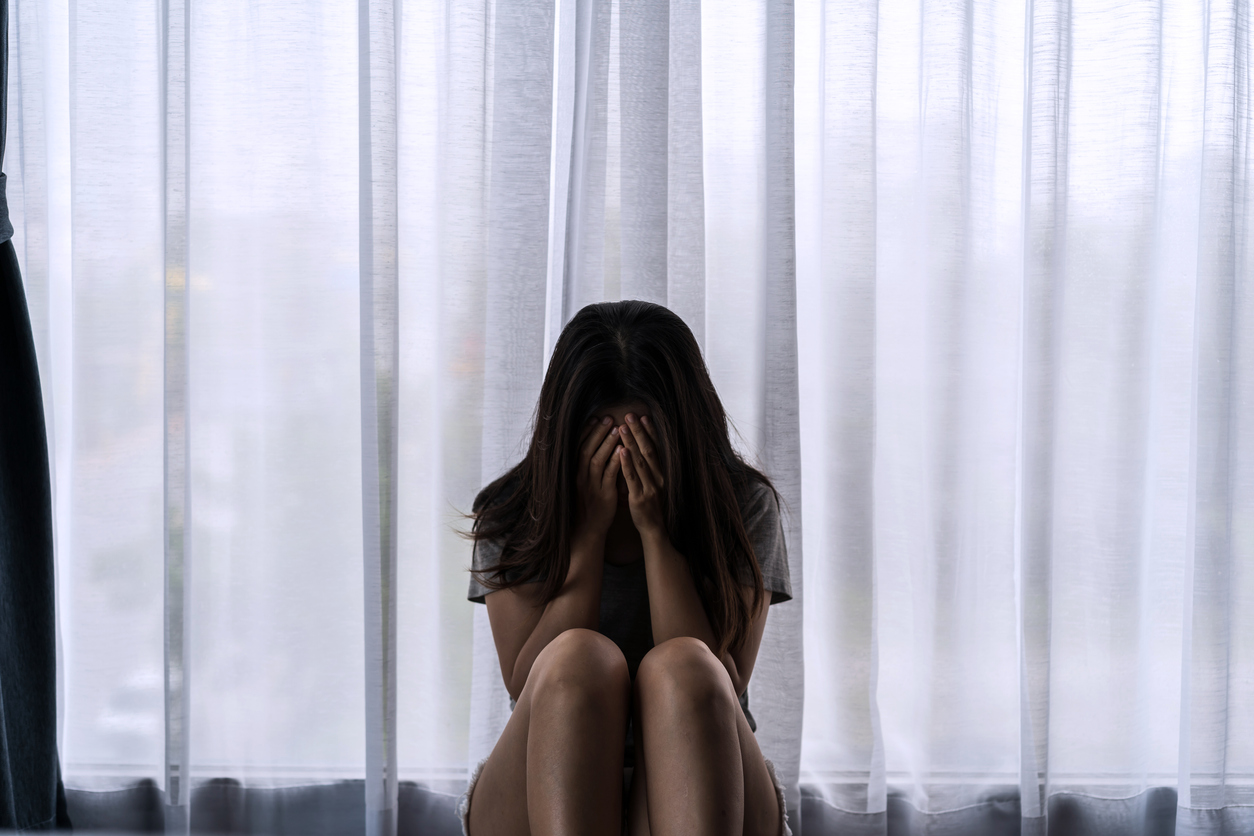How Life Insurance Can Cover You For Mental Illnesses
While mental illness is still misunderstood by many today, more people are speaking up about their experiences with it. This rise in visibility has brought along positive change, with many recognising the signs of mental health issues and illnesses in themselves or their loved ones, and seeking help before things spiral.
The COVID-19 pandemic has dealt a blow to the mental health of many. In 2021, a study by IMH pointed to a likely increase in mental health issues in Singapore, amid the COVID-19 pandemic. The study of over 1,000 participants saw 13% reporting symptoms of anxiety or depression during the pandemic.
In the two weeks before they were interviewed, 8.7% of respondents met the criteria for clinical depression, 9.4% met the criteria for clinical anxiety and 4.8% had both anxiety and depression. In addition, 9.3% met the criteria for mild to severe stress, while 7.6% met the criteria for clinical insomnia.
Statistics from a TODAY article (Source: TODAY) backed this up, citing financial and work stress as the top reasons for mental health issues. According to the study, 24% of respondents said they felt anxious while 21% said they were depressed. Almost four in 10 respondents said they had considered suicide at some point, with 13% thinking about it at least once a week.
Mental illnesses are on the rise. Why?
The fast-paced and increasingly demanding environment today creates more susceptibility to the development of mental illnesses. There are many factors in play and the changes that the COVID-19 pandemic has brought has only intensified the stresses of life.
In IMH’s study, for instance, the top three sources of stress identified by the participants were:
- Risk of loved ones getting infected by COVID-19;
- Financial loss, such as losing job opportunities or having to take unpaid leave; and
- Unemployment.
Most significantly, remote work and social distancing has resulted in significant lifestyle shift. For one, as strict remote working and social distancing requirements were implemented, people were met with many stressors, such as less social interaction and longer working hours. For many, these lead to more feelings of isolation, household responsibilities, stress and anxiety – coupled with less social support.
Job stability, at the peak of the pandemic, was a major concern as well, with the economy getting worse, and companies pushing out paycut and retrenchment exercises.
With more people being cooped up at home, reliance on digital interactions and social media increased. For individuals already anxious about keeping up with their peers or suffering from FOMO (fear of missing out), spending more time looking at other people’s carefully curated social feeds could have worsened feelings of inadequacy.
However, it is heartening that the stigma of mental illness is easing in Singapore. 81.1% of the participants in the IMH study expressed that they would seek professional help if they were to develop any emotional or psychological problems related to COVID-19. Most of the remaining 17.8% were willing to seek help as well, but their preference lie with getting support from family and friends first.
What to do if you need help for your mental health issues
If, at any point, you feel like you are suffering from mental health issues, do know that help is always available. Because mental illness is something that is best handled by a trained medical professional, the first step would be reach out to a doctor or mental health professional. In Singapore, access to such services are easily accessible.
Beyond professional medical help, you can also talk to your family members and friends. Your closest and dearest know you best, and you are likely to feel very comfortable with them. So, keep your social circle close and lean on them for support!
Another good alternative to in-person help is to call a counselling helpline. There are many counselling helplines in Singapore, some of which operate around the clock, and some, online. Should you ever feel that you need a listening ear, trained professionals would be happy to help you. You can find a list of counselling services here.
How can insurance support you?
Today, whole life insurance plans like Income’s Star Secure Pro have evolved to cover mental illnesses1,2. At its most basic level, the plan’s provides coverage against death, terminal illness and total permanent disability. With a rider – the Early Life Accelerator add-on – one can receive a payout of 30% of the rider’s sum assured if diagnosed with disorders like Major Depressive Disorder or Obsessive Compulsive Disorder (OCD), among others. This payout can then be used to pay for treatment or medication, or even to support yourself if you need to take time off work to focus on your mental health.
It’s Okay To Not Be Ok
None of us can predict how the pandemic will develop, or what more will come and throw our lives off course. However, what we can do is take the steps to protect our mental health, as well as for those around us. With the rising awareness and strong pushes to destigmatise mental disorders, things will only get better.
1 For policies issued by us that include Special Benefit or Special and Mental Benefit, we will pay no more than $30,000 for the same condition or procedure for each insured, no matter how many of such policies we have issued to cover the same insured. Please refer to the policy conditions for further details.
2 We will not pay this benefit if the insured suffered symptoms of, had investigations for, or was diagnosed with the disease any time before or within 90 days from the cover start date. The insured must survive for at least seven days from the date of diagnosis, or after having the medical procedure, before we pay this benefit.
This article is meant purely for informational purposes and should not be relied upon as financial advice. The precise terms, conditions and exclusions of any Income products mentioned are specified in their respective policy contracts. For customised advice to suit your specific needs, consult an Income insurance advisor. This advertisement has not been reviewed by the Monetary Authority of Singapore.









